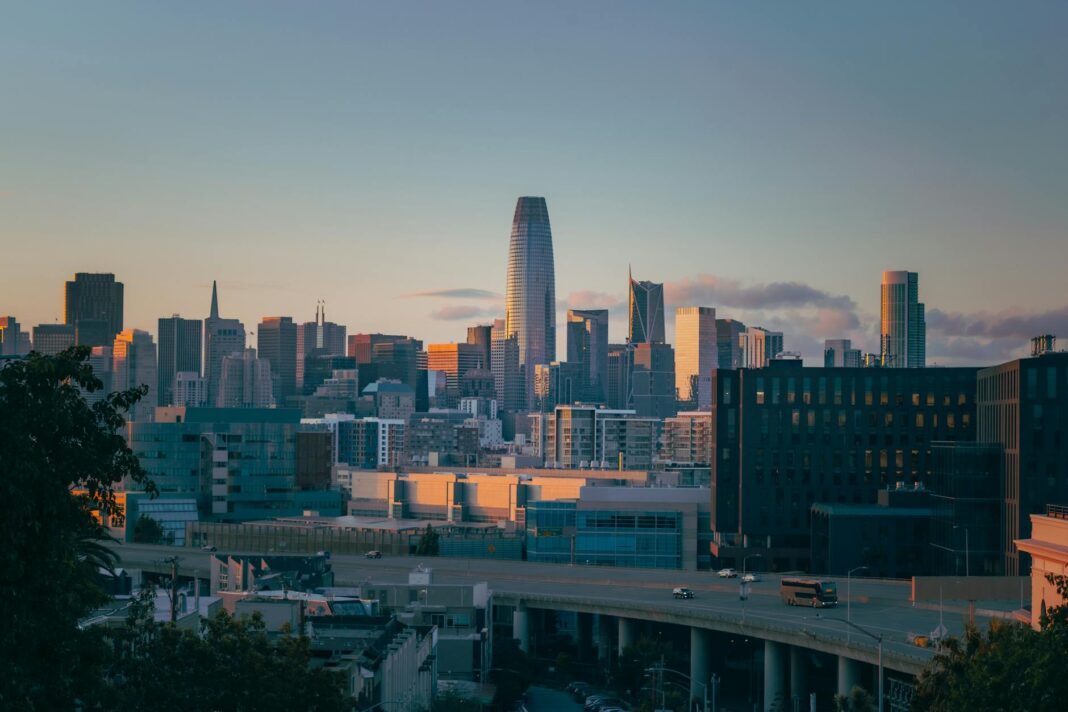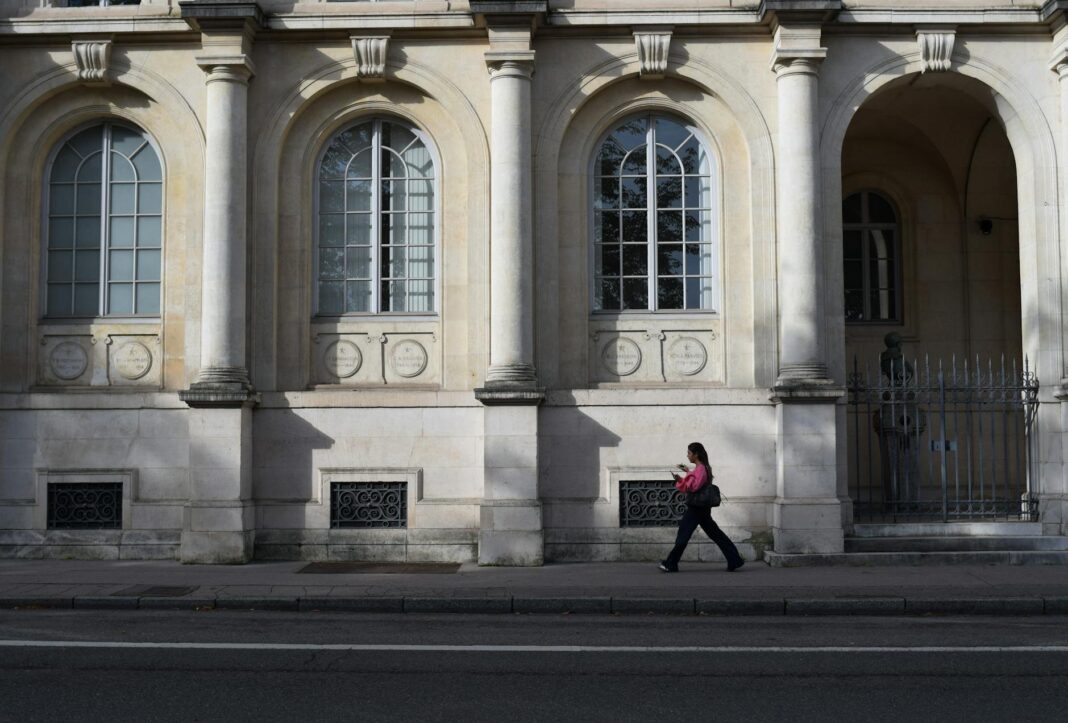San Francisco’s Bold Move for a Car-Free Future Hits a Wall
In a surprising turn of events, San Francisco Supervisor Joel Engardio found himself ousted from his position following a controversial vote to close a highway for the establishment of a car-free park. This decision, while aiming to promote greener spaces and public enjoyment, has sparked significant backlash from constituents and city officials alike, ultimately leading to his recall.
The Context of the Recall
Engardio’s vote was part of a broader initiative to create more pedestrian-friendly areas within the bustling metropolis. Advocates for the park argued that it would enhance community engagement, reduce traffic congestion, and promote environmental sustainability. However, many residents viewed the closure as an infringement on their access to the city’s transportation routes, leading to a heated divide.
A Pattern of Political Turmoil
This isn’t an isolated incident. Engardio’s recall marks the fifth time an elected official in San Francisco has been ousted within four years, showcasing a growing trend of dissatisfaction among voters. The city’s political landscape has become increasingly volatile, with constituents demanding accountability from their representatives. This situation raises questions about the effectiveness of current governance and the ability of elected officials to balance progressive policies with the needs of their constituents.
Engardio’s Stance
Despite the fallout, Engardio stands firm in his belief that the park initiative is beneficial for the community. He argues that creating more green spaces is essential for urban living, especially in a city where outdoor areas are often limited. Engardio remains an advocate for sustainable urban development, even as he faces the consequences of his vote. His determination to push for environmental change reflects a growing trend among younger voters who prioritize ecological issues, even if it means taking risks politically.
What’s Next for San Francisco?
The recall of Engardio not only reshapes the political landscape but also raises significant concerns about the future of similar environmental initiatives in the city. Will city officials feel pressured to avoid bold moves for fear of public backlash? Or will this serve as a wake-up call to engage with constituents more effectively before making decisions that impact their daily lives?
Questions
What impact will Engardio’s recall have on future urban development projects in San Francisco?
How can elected officials better communicate with their constituents about controversial decisions?
Will this trend of recalls continue, or will it lead to a more stable political climate in the city?




